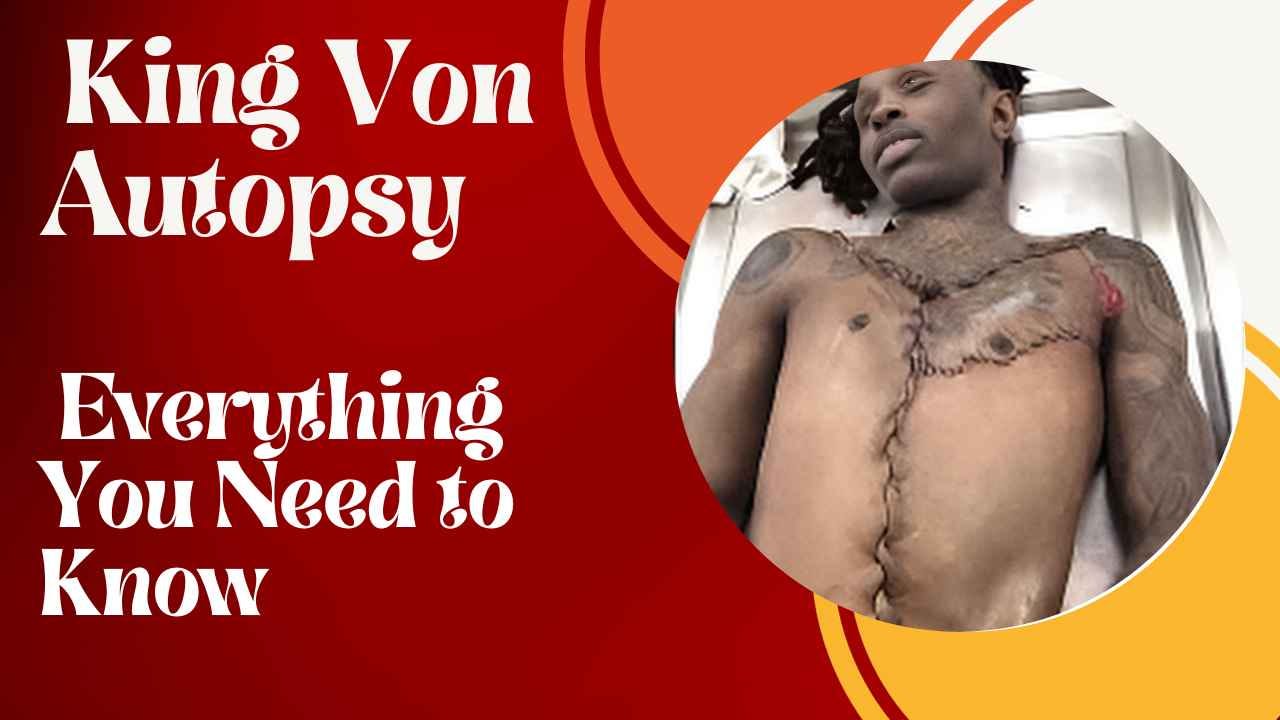In the fascinating world of forensic science, the term "von autopsy" has emerged as a pivotal concept that captures the intricate relationship between pathology and the legal system. This term encapsulates the thorough examination of deceased individuals to determine the causes of death and unveil any underlying mysteries that may have led to their demise. The practice of autopsy has evolved over the years, proving to be an invaluable tool in both criminal investigations and public health assessments.
Understanding the significance of von autopsy requires delving into the historical context of autopsies, the methodologies used, and the ethical considerations involved. As society progresses, the demand for transparency and accountability in death investigations has heightened, making the role of forensic pathologists more critical than ever. The findings from a von autopsy can not only resolve legal disputes but also aid in epidemiological studies and the prevention of future deaths.
Moreover, the portrayal of autopsies in popular culture often raises questions about their accuracy and the public's perception of such procedures. Through this article, we aim to unravel the nuances of von autopsy, addressing common queries and misconceptions while highlighting its essential role in modern medicine and law enforcement.
What is Von Autopsy?
Von autopsy refers to the comprehensive examination and dissection of a body after death to uncover the cause of death and any potential disease processes. This practice is crucial in both criminal investigations and medical research. By understanding the biological and pathological aspects of a body, forensic experts can provide critical insights that influence legal outcomes and public health policies.
Who Performs a Von Autopsy?
Typically, a von autopsy is conducted by a forensic pathologist, a medical doctor who specializes in determining the cause of death through meticulous examination. These professionals are trained to identify signs of trauma, disease, or any other abnormalities that may have contributed to a person's death. Their expertise is vital in both criminal cases and medical investigations.
What Are the Steps Involved in a Von Autopsy?
The process of a von autopsy can be complex and detailed. Here are the general steps involved:
- External Examination: The body is examined for visible signs of injury, trauma, or other abnormalities.
- Internal Examination: Organs are carefully removed and examined for signs of disease or injury.
- Tissue Sampling: Samples may be taken for further analysis, including toxicology tests.
- Documentation: All findings are meticulously documented, including photographs and notes.
- Report Generation: A comprehensive report is produced, summarizing the findings and conclusions.
What Are the Legal Implications of a Von Autopsy?
The findings of a von autopsy can significantly impact legal proceedings. They can provide crucial evidence in homicide cases, help establish timelines, and clarify the circumstances surrounding a death. Additionally, the results may influence civil cases, insurance claims, and public health investigations.
How Does Von Autopsy Contribute to Public Health?
Von autopsies play a vital role in public health by identifying disease patterns, causes of death, and potential health crises. By analyzing the findings from autopsies, epidemiologists can track outbreaks, understand the effects of environmental factors, and develop strategies to prevent future deaths. This can lead to better healthcare policies and improved community health outcomes.
What Ethical Considerations Are Associated with Von Autopsy?
Performing a von autopsy raises several ethical questions, particularly concerning consent, the handling of remains, and the privacy of the deceased and their families. It is essential for forensic pathologists to navigate these issues carefully, ensuring that their work is conducted with respect and sensitivity. Ethical guidelines and legal frameworks help govern these practices to maintain public trust in the forensic system.
Biography of a Renowned Forensic Pathologist
One notable figure in the field of forensic pathology is Dr. Michael Baden, a prominent forensic pathologist known for his work in high-profile autopsy cases.
| Personal Details | Bio Data |
|---|---|
| Name | Dr. Michael Baden |
| Date of Birth | February 21, 1934 |
| Profession | Forensic Pathologist |
| Education | New York University, Medical Degree |
| Notable Works | Author, TV Personality, Consultant on high-profile cases |
Dr. Baden has made significant contributions to forensic science, offering his expertise in various cases, including the deaths of prominent figures like John F. Kennedy and Martin Luther King Jr. His work has not only advanced the field but has also brought greater awareness to the importance of thorough autopsy examinations.
How Has Von Autopsy Evolved Over Time?
The practice of von autopsy has evolved significantly from its early beginnings. Initially performed primarily for medical education, autopsies have grown to become a critical component of forensic investigations. Advances in technology, such as imaging techniques and toxicology analysis, have enhanced the accuracy and efficiency of autopsies, allowing forensic pathologists to uncover more information than ever before.
What Are Common Misconceptions About Von Autopsy?
Several misconceptions about von autopsy persist in popular culture. Some common myths include:
- All deaths require an autopsy: Not every death is subject to an autopsy; it typically depends on the circumstances surrounding the death.
- Autopsies are gruesome: While autopsies involve dissection, they are conducted professionally and respectfully.
- Autopsy findings are always conclusive: While autopsies provide valuable information, they may not always lead to definitive conclusions.
By understanding the facts surrounding von autopsy, individuals can better appreciate its role in the legal and medical fields.
Conclusion: The Importance of Von Autopsy in Society
In conclusion, von autopsy is a critical practice that serves multiple purposes, from solving crimes to advancing public health. The intricate work of forensic pathologists not only uncovers the truth behind mysterious deaths but also contributes to the broader understanding of health and disease. As society continues to grapple with complex issues surrounding death and justice, the importance of von autopsy will remain paramount in ensuring accountability and promoting health.
As we move forward, it is essential to continue supporting advancements in forensic science and fostering awareness about the significance of autopsies in our legal and healthcare systems.




